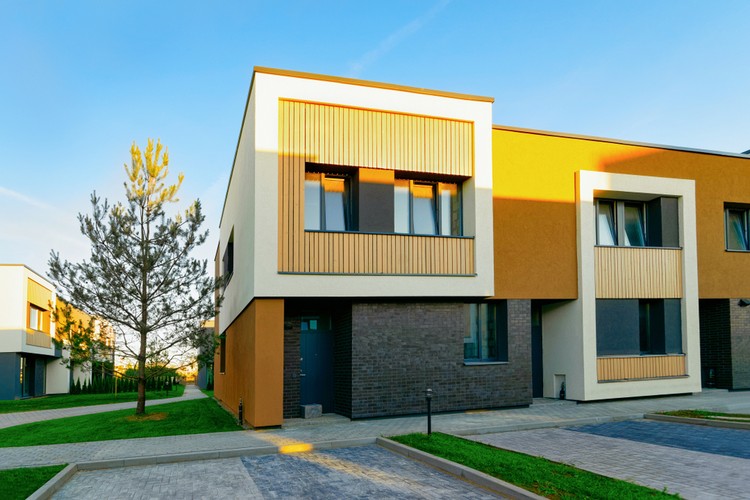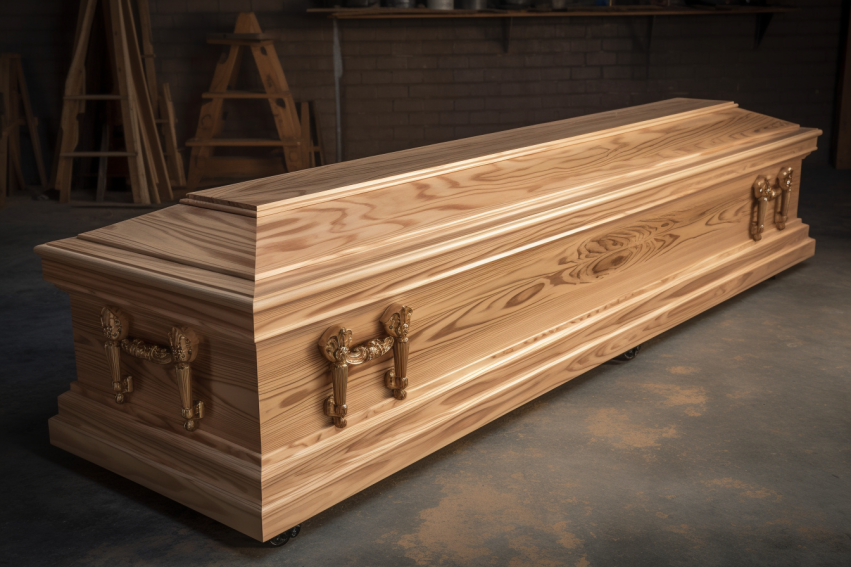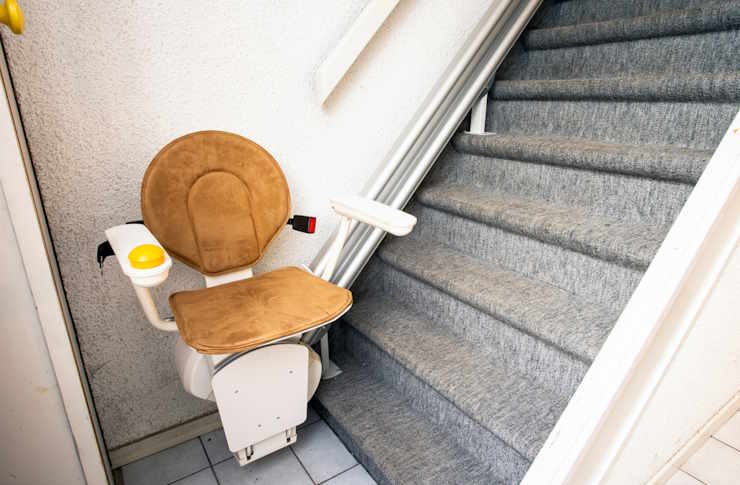Pre-Built Small Homes in 2025: Benefits, Pitfalls, and What to Expect
Are you considering a pre-built small home for your living needs? This article discusses the advantages of these homes, including affordability, speed of construction, and sustainability. Understanding these benefits can guide your decision-making in 2025.

What are pre-built small homes and how do they differ from traditional houses?
Pre-built small homes, also known as prefabricated or modular homes, are structures manufactured off-site in controlled factory environments and then transported to their final location for assembly. Unlike traditional stick-built houses constructed entirely on-site, pre-built homes are created in sections or modules, allowing for faster production and installation.
These homes typically range from 400 to 1,000 square feet, though sizes can vary. They often incorporate space-saving designs and multi-functional features to maximize livability within a smaller footprint. Pre-built small homes can include various styles, from modern minimalist designs to more traditional aesthetics, catering to diverse preferences.
What advantages do pre-built small homes offer in 2025?
Pre-built small homes present several benefits that make them an attractive option for many homebuyers in 2025:
-
Affordability: Generally, pre-built small homes cost less than traditional houses due to reduced labor and material costs.
-
Faster construction: Factory production allows for quicker completion times, often reducing the building process by several months.
-
Quality control: Controlled factory environments ensure consistent quality and minimize weather-related construction issues.
-
Energy efficiency: Many pre-built small homes incorporate advanced insulation and energy-efficient systems, reducing utility costs.
-
Sustainability: Smaller footprints and efficient designs contribute to a reduced environmental impact.
-
Flexibility: These homes can be ideal for various situations, including as starter homes, vacation properties, or accessory dwelling units.
What are the potential drawbacks of choosing a pre-built small home?
While pre-built small homes offer numerous advantages, it’s essential to consider potential challenges:
-
Limited customization: Although some customization is possible, options may be more restricted compared to traditional home construction.
-
Zoning restrictions: Some areas have regulations that may limit where pre-built small homes can be placed or how they can be used.
-
Financing challenges: Obtaining mortgages for pre-built small homes can sometimes be more complicated than for traditional houses.
-
Resale value: The market for pre-built small homes may be more limited, potentially affecting future resale opportunities.
-
Space constraints: The compact size may not suit everyone’s lifestyle or storage needs.
-
Transportation costs: Moving the home to its final location can add significant expenses, especially for long distances.
How do pre-built small homes compare to traditional housing options?
When comparing pre-built small homes to traditional housing, several factors come into play:
-
Cost: Pre-built small homes are often more affordable, but traditional homes may offer better long-term value appreciation.
-
Construction time: Pre-built homes can be completed much faster, while traditional construction typically takes longer.
-
Customization: Traditional homes offer more extensive customization options, while pre-built homes have some limitations.
-
Maintenance: Both require upkeep, but pre-built small homes may have lower maintenance costs due to their size.
-
Energy efficiency: Modern pre-built small homes are often highly energy-efficient, though well-designed traditional homes can also achieve good efficiency.
-
Longevity: Well-built traditional homes may have a longer lifespan, but quality pre-built homes can also last for decades with proper care.
What unique considerations should potential buyers keep in mind for 2025?
As we look towards 2025, several factors may influence the pre-built small home market:
-
Technological advancements: Expect to see more smart home features and sustainable technologies integrated into pre-built small homes.
-
Remote work trends: The continued prevalence of remote work may increase demand for home office spaces within these compact designs.
-
Eco-friendly materials: Look for a growing emphasis on sustainable and recycled materials in pre-built small home construction.
-
Community developments: Some areas may see the emergence of pre-built small home communities, offering shared amenities and social connections.
-
Regulatory changes: Keep an eye on evolving zoning laws and building codes that may affect pre-built small home placement and design.
How do costs compare between pre-built small homes and traditional housing in 2025?
When considering the financial aspects of pre-built small homes versus traditional housing in 2025, it’s important to look at various cost factors:
| Housing Type | Average Cost Range | Typical Size Range | Cost per Square Foot |
|---|---|---|---|
| Pre-Built Small Home | $30,000 - $150,000 | 400 - 1,000 sq ft | $75 - $150 |
| Traditional Home | $200,000 - $500,000 | 1,500 - 2,500 sq ft | $100 - $200 |
Prices, rates, or cost estimates mentioned in this article are based on the latest available information but may change over time. Independent research is advised before making financial decisions.
While pre-built small homes generally offer a lower initial cost, factors such as land purchase, site preparation, and utility connections can add to the overall expense. Traditional homes, though more expensive upfront, may offer better long-term value appreciation in some markets. It’s crucial to consider both immediate and long-term financial implications when making your decision.
Making an Informed Decision
Pre-built small homes in 2025 present an intriguing option for those seeking affordable, efficient, and potentially more sustainable housing solutions. By weighing the benefits against the potential drawbacks and considering your personal needs and local regulations, you can determine if a pre-built small home is the right choice for your future living situation. As with any significant investment, thorough research and careful consideration of all factors will help ensure you make the best decision for your circumstances.




